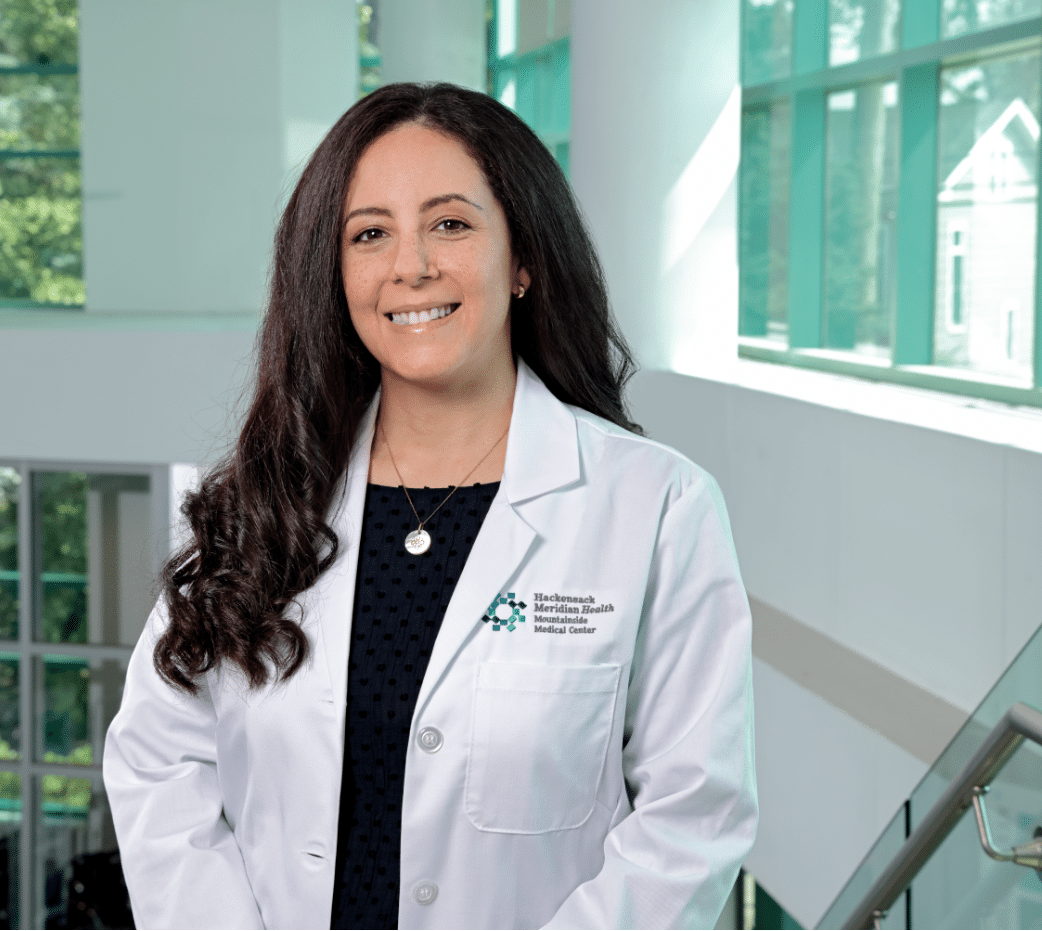As we recognize Lung Cancer Awareness Month this November, it’s a critical time to reflect on the importance of lung health and the steps we can take to protect ourselves and our loved ones. Smoking is the leading cause of lung cancer, contributing to over 80% of cases in the United States. Quitting smoking is the single most effective way to reduce your risk of lung cancer, and now is the time to take action.
The Benefits of Quitting Smoking
While quitting smoking can be challenging, the benefits are immediate and long-lasting. Within just days of quitting, your carbon monoxide levels begin to drop, improving oxygen flow in your blood. Over time, your lung function improves, and the risk of developing lung cancer decreases. In fact, after 10 years of being smoke-free, the risk of lung cancer is reduced by half compared to those who continue smoking.
Tips for Quitting Smoking
If you’re ready to quit smoking, here are some strategies to help you along the way:
- Set a Quit Date: Choose a day within the next two weeks to quit. Mark it on your calendar and mentally prepare for the change.
- Identify Triggers: Take note of situations, activities, or emotions that trigger your smoking habit. Being aware of these can help you avoid or manage them.
- Seek Support: Talk to friends, family, or a support group for encouragement. You don’t have to do it alone.
- Consider Nicotine Replacement Therapy (NRT): NRT products such as nicotine patches, gum, or lozenges can help reduce cravings and withdrawal symptoms.
- Try Behavioral Therapy: Counseling can be an effective tool in helping you break the psychological habit of smoking. Consider talking to a therapist trained in smoking cessation techniques.
- Stay Active: Exercise can reduce cravings and keep your mind focused on your health goals.
- Reward Yourself: Celebrate small milestones along the way, whether it’s a week or a month without smoking. Use the money you save to treat yourself.
Speak to a Healthcare Professional
Quitting smoking is a personal journey, but you don’t have to navigate it alone. Primary care providers and pulmonologists can offer personalized advice, prescribe medications to help with cravings, and connect you with local resources and support programs designed to help you succeed.
“Quitting smoking is one of the most impactful decisions a person can make for their health. There are numerous resources available, and healthcare providers are here to guide and support individuals every step of the way,” says Dr. Laura Yapor, pulmonologist at Mountainside Medical Center.
If you’re ready to quit, reach out to your primary care provider or a pulmonologist today. Discuss your options and find out what tools and treatments are available to help you start a healthier, smoke-free life. Lung Cancer Awareness Month is the perfect time to take control of your health and make a lasting change.
To learn more about quitting smoking and the resources available to you, speak with your primary care provider or schedule an appointment with a pulmonologist by calling 973-744-3733 or visit www.mountainsidemedicalcenter.com. Take the first step toward better health today.

